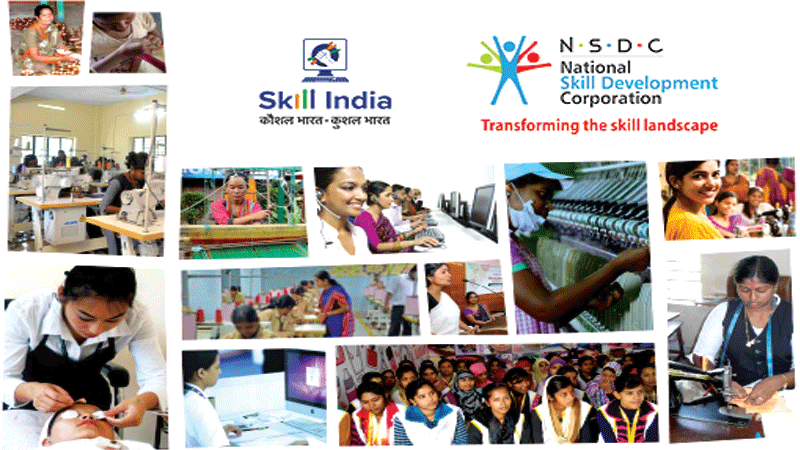Around 20 Central Ministries including Ministry of Skill Development and Entrepreneurship (MSDE) are involved in the implementation of more than 40 schemes under the Skill India Mission, said Shri RK Singh, Minister of State for Skill Development and Entrepreneurship.
In a reply to the question raised in Lok Sabha on schemes to promote skilled labourers in manufacturing sector he mentioned that Pradhan Mantri Kaushal Vikas Yojana (PMKVY) 2016-20 is a flagship scheme of the MSDE being implemented with an objective to provide skill development training, Short Term Training (STT) and Recognition of Prior Learning (RPL)) across the country.
PMKVY, National Apprenticeship Promotion Scheme (NAPS), Rural Self Employment and Training Institutes (RSETI), Deendayal Upadhyaya Grameen Kaushalya Yojana (DDU-GKY) are the schemes to train the labourers.
In reply to the question on employment growth of post-training in last five years, Minister replied, “Under the PMKVY scheme, as on 12 June 2019, around 52.12 lakh candidates are employed. It includes (31.08 lakh STT + 21.04 lakh RPL) candidates who have been trained in various sectors including manufacturing.
According to the data reported on SDMS (Skill Development Management System), as on 12 June 2019, 24.56 lakh candidates are certified under STT of PMKVY 2016-20. The number of candidates certified under STT of PMKVY 90 days prior, up to 12 March 2019 is 21.97 lakh. Out of total candidates, 12.6 lakh candidates have been reported to be placed in various sectors.
Speaking on the further plan to enhance the employment potential several key points were informed. Shri Singh said, “National Skill Development Corporation, an implementing agency under MSDE is working to enhance, support and coordinate with the private sector within the skilling ecosystem. Under PMKVY 2016-20, Training Centers (TCs) and Training Providers (TPs) are actively participating. TPs are also mandated to organize Placement (Rozgar Melas) in every six months with support from the industry-led Sector Skill Councils (SSCs) and to ensure the participation of local industry”.


